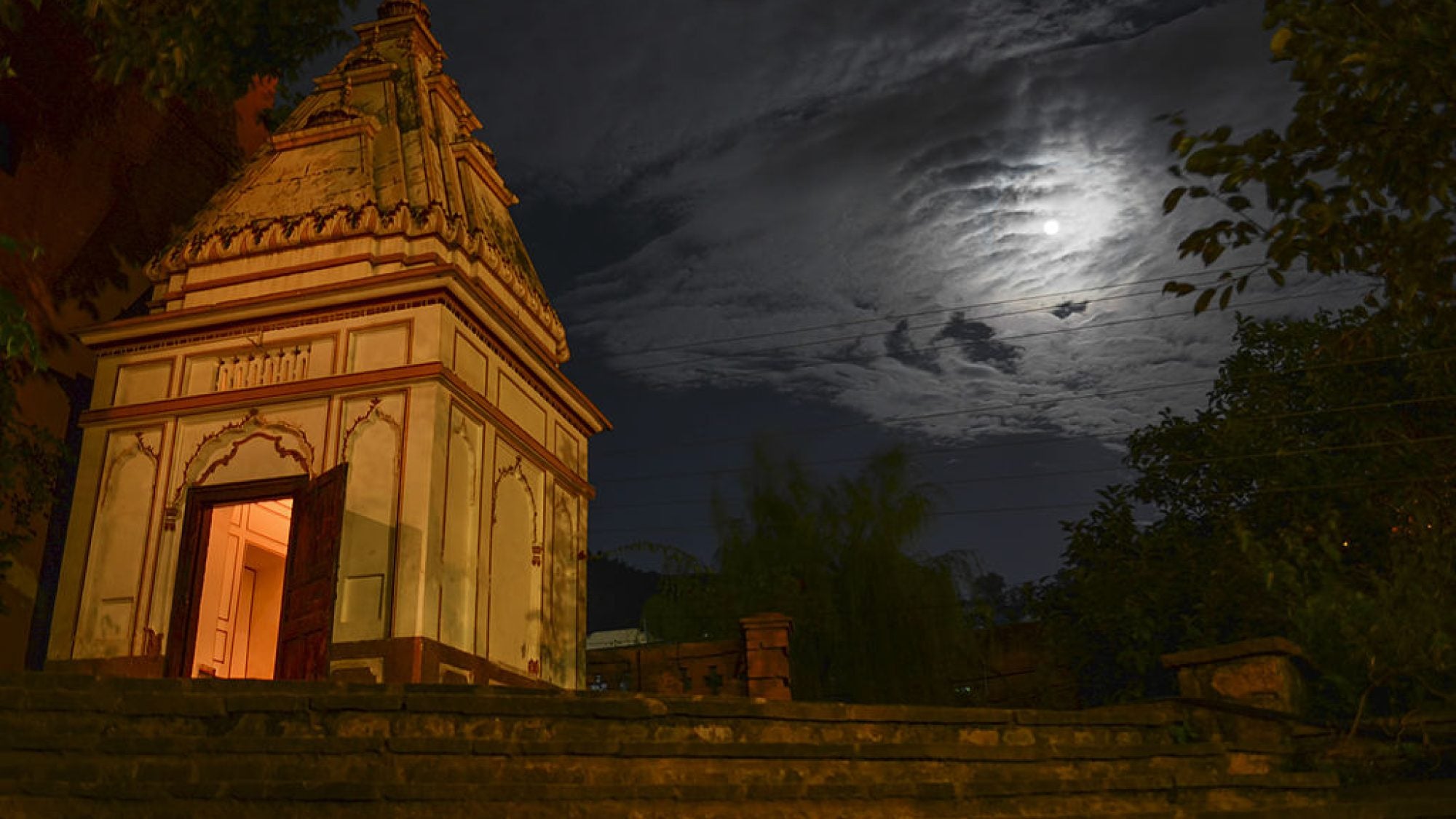
Title: Does Religious Freedom Have a Future in Pakistan?
Between January 2012 and June 2013, Pakistan experienced 203 instances of targeted violence against religious communities resulting in more than 700 deaths and 1,100 injuries; the Shi’a community was hardest hit, with 635 individuals killed in 77 separate attacks, while Christians, Ahmadis, and Hindus also suffered. The U.S. Commission on International Religious Freedom (USCIRF), where I serve as Director of Policy and Research, called attention to the issue of religious freedom in Pakistan last month by releasing a report detailing these sectarian attacks and hosting a briefing and panel discussion on the topic in Washington, D.C.
At the July 18 panel event, a wide array of representatives from nongovernmental organizations, government agencies, and the press gathered to discuss the current state and the future of religious freedom in Pakistan.
Peter Bhatti, Chairman of International Christian Voice and the brother of assassinated Pakistani Cabinet member Shahbaz Bhatti, presented on the vital role that Christians played in the creation of Pakistan and contrasted that with the insecurity and fear they now experience in their homeland. According to Bhatti, Pakistan’s discriminatory laws, such as the blasphemy law, aid violent extremist religious groups like the Pakistani Taliban and al-Qaeda and result in the victimization of Christians, with many persecuted or killed and churches or properties destroyed.
Spokesman for the Ahmadiyya Muslim community Qasim Rashid explained how the blasphemy law and discriminatory voting procedures act as two of Pakistan’s biggest constraints on religious freedom for his community. Pakistan’s constitution declares Ahmadis as non-Muslims, and its blasphemy law violates the right to freedom of thought, conscience, and religion. Chief Executive Order No. 15 prohibits Ahmadis from voting in elections unless they either affirm the government’s insistence that they are not Muslim or denounce the founder of their faith community.
Rahat Husain of the Universal Muslim Association of America highlighted the series of bombings earlier this year in Quetta that targeted Shi’a communities and left more than 117 people dead, attacks that Human Rights Watch called the “single worst atrocity against the Hazara in Pakistan’s history.” Husain deemed the Pakistani government complicit in these attacks, committed by banned extremist groups against Shi’as, through its failure to take any serious actions.
In addition, Jay Kansara of the Hindu American Foundation highlighted the hateful rhetoric towards Hindus found in textbooks throughout Pakistan, as well as the prevalence of kidnapping and forced conversion of Hindu girls, whom police refuse to help. He also noted how these violations are causing an exodus of Hindus from Pakistan to India.
Panelists agreed that the government of Pakistan must repeal its blasphemy laws, strengthen human rights groups and political parties, and bring to justice attackers of religious minorities. Husain suggested that Pakistan has failed to create “a rational or logical plan” to combat sectarian violence promulgated by terrorist groups. Speakers also agreed that the government must prosecute individuals committing hate crimes against religious minorities, suggesting that acting otherwise would amount to government complicity.
According to Bhatti, Pakistan must include religious minorities in “mainstream political life” by allowing them to run for general seats while keeping their reserved seats. Rashid stressed that the government must repeal the anti-Ahmadi laws and Chief Executive Order No. 15. Kansara called on Pakistan to supply students with textbooks free of inflammatory or prejudicial material against Hindus.
Director of the Atlantic Council’s South Asia Center Shuja Nawaz noted that the people of Pakistan are growing impatient with inaction against the violence, and he emphasized that the government and its citizens needed to embrace tolerance of differing religious beliefs. As long as Pakistan “feels alienated and insecure,” Nawaz stated, the Pakistani people will as well.
As these perspectives representing Pakistan’s religious minority groups make clear, Prime Minister Nawaz Sharif faces daunting challenges. His government must tackle the rising tide of violence and discrimination against religious minorities and those deemed by the state as insufficiently Islamic. In addition, Pakistan should bring its laws into compliance with its international obligations relating to freedom of religion and human rights.
So far it is uncertain whether PM Sharif will act concretely to save his country from a cycle of impunity and protect religious minorities. Though solutions to the violence—better law enforcement and legal reform—are obvious, they are difficult to implement. Taking decisive action, both against militant groups and mob violence, will be politically costly and potentially trigger reprisal attacks against government institutions. However, until Sharif acts, the future for religious freedom in Pakistan is far from certain.
Image Credit: Mudassar Afaque Ahmed, CC BY-SA 3.0 <https://creativecommons.org/licenses/by-sa/3.0>, via Wikimedia Commons
This is an archived article. While every effort is made to conserve hyperlinks and information, GJIA’s archived content sources online content between 2011 – 2019 which may no longer be accessible or correct.
More News

We in the United States have long held one narrative of the Middle East—one of political instability, sectarian unrest, and oligarchs protecting great wealth in the hands of way too…

When the Georgetown Journal of International Affairs launched this online edition, I suggested that it address “human rights and human dignity.” Why dignity? As Anthony Clark Arend and I explore…

Georgetown professor Matthew Kroenig sat down with the Georgetown Journal of International Affairs to discuss his attendance at a recent meeting with Iranian President Hassan Rouhani in New York.